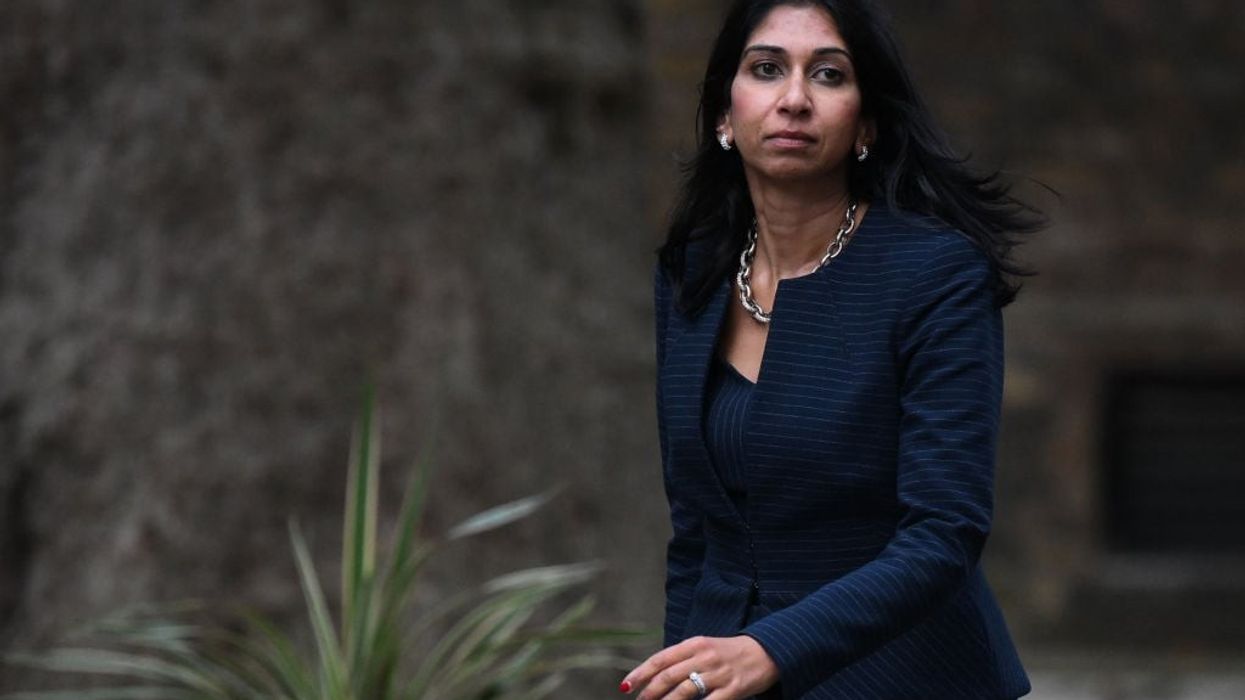Home secretary Suella Braverman believes political correctness has helped Islamist extremists function under the country's radar by creating a blind spot.
The Indian-origin leader also said that a "highly coordinated" Islamist network had remained largely unchallenged as it promoted propaganda and warped ideology, a report by The Times said.
Speaking at a counterterrorism conference, Braverman said that Islamist ideology could look "perfectly respectable" but contains extremist views under the surface.
“We have a blind spot in the system,” the home secretary was quoted as saying.
“It has allowed certain Islamist groups to operate under our radar. There can be no place for political correctness in our national security. In fact, I’d like to banish it altogether," she added.
Braverman's remarks came following an independent review of Prevent, the UK government's counter-terrorism programme, which found that it had failed to tackle Islamist radicalisation.
The review of Prevent by William Shawcross concluded recently that Islamist ideology had been “misinterpreted, misunderstood or even overlooked” by officials and they, according to him, had wrongly prioritised countering the extreme right's threat.
He also slammed an "Islamist campaign" against Prevent, cautioning that critical groups had often banked on a “small number of ultimately debunked stories to encourage misperceptions of the scheme”, The Times report added.
The publication had excerpts of Braverman's speech in which she lashed out at advocacy groups such as Mend (Muslim Engagement and Development), which has criticised Prevent over a period of time, and Cage, a human rights organisation known for controversies.
At the conference held in Westminster and organised by Robin Simcox, commissioner for countering terrorism, the home secretary said outfits such as Mend and Cage have followed "harmful and dishonest" narratives that have gone largely unchallenged so far.
According to her, their members have been repeatedly involved in demonisation of Muslims who help in counter-extremism efforts.
Braverman announced a new communications plan to tackle disinformation on Prevent, including "grievance narratives', such as the claim that all Muslims are targeted when Islamist ideology is targeted.
She said that Prevent has disproportionately focused on the extreme right, “wrongly including right and centre-right commentators”, and that its focus on Islamism had been “extremely narrow”.
Braverman also criticised what she called a “new orthodoxy” in the past decade, in which non-violent Islamist groups were seen as part of the solution instead of the problem.
The belief was prompted, according to her, by a “misguided and naive hope” that such organisations could help to challenge violent extremism, The Times report added.




